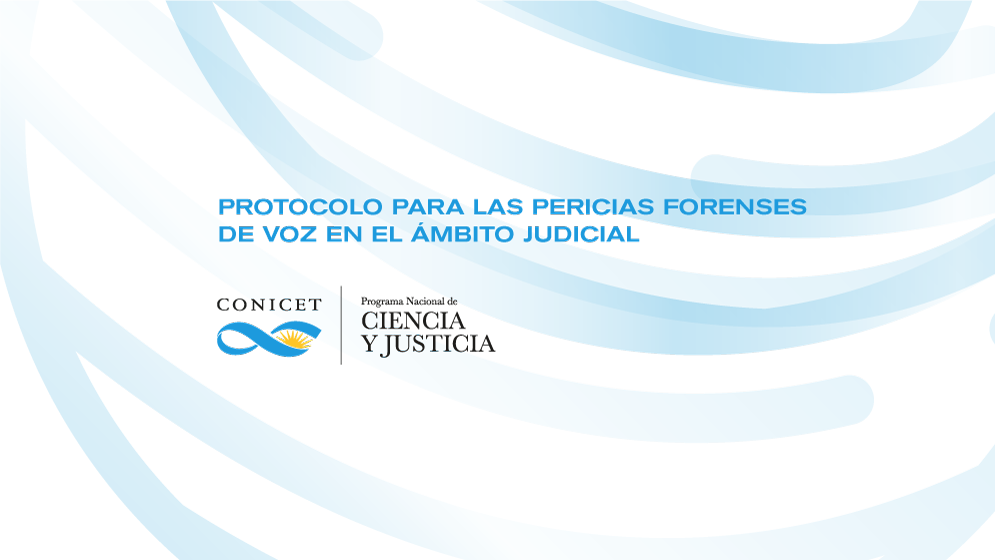Through Resolution RESOL-2023-1006-APN-DIR#CONICET, the Board of Directors of the National Council for Scientific and Technical Investigations (CONICET) approved the forensic audio expertise protocol in the judicial field. This tool, proposed within the framework of the National Science and Justice Program of the Council, aims to establish a series of recommendations to be followed during the different stages that make up this type of procedure and thus increase its reliability.
The document, written by CONICET researcher at the Institute of Immunology, Genetics and Metabolism (INIGEM; UBA-CONICET) and member of the Advisory Board of the National Science and Justice Program, Jorge Alberto Guerlikian, states not only the recommendations made by the Court, but also those that must be taken into account. By the sound tester who performs the comparison of the sounds, as key players in this type of experience.
The protocol includes points directed at the quality of the audio recordings and technical acceptance criteria for you to take or not accept as evidence. Likewise, considerations regarding process traceability are included, which determine, for example, the need for a chain of custody that takes into account all movements of test subjects.
The Council’s Director of Legal Affairs and Technical Director of the National Science and Justice Program, Alan Timino, highlighted, “The idea is to create good practice documents that, while not prescriptive, offer an alternative and are very interesting and interesting so that those courts that want to adopt them have scientific foundations.” To advance a particular experience, in this case, the vocal experience.” In this sense, Teminio emphasized that the program will continue to work on implementing this initiative in other types of experiences and topics such as gender and the environment.
For his part, Guerlikian emphasized that “this protocol summarizes the current procedures and minimum requirements that must be implemented in order for phonemic comparison skills to be accepted by the judicial authorities of both the accused and the defending parties. Technological changes caused by the pandemic will make it possible – soon – to make recordings that are not for doubt in the same judicial area, while maintaining the quality levels mentioned in this protocol.”
Within this framework, the National Science and Justice Program assumes a commitment to designing a training plan to implement this protocol targeting agents of justice when they need it, while reaffirming its mission to articulate scientific innovations with the missions of the justice services.





